|
What I was told, and how and when, still really ticks me off when I think about it. The ER doctor that night told me to take it easy (undefined) for a "couple" of days. I should be fine in a "few" days. The neurologist >2 months later told me "try not to think." Neither provided any further guidance, context, or definition. I mean, some things are obvious. No football. No jumping or dancing. Don't do anything that will make the brain jiggle around in your head. But what about framing art? I had a bunch of art to frame, and was lucky to get an extra few days to get it done before delivering. Driving to another state to shop for framing materials? Cleaning stuff out of my totaled car? Hanging out with too many writers in a noisy restaurant? The accident happened on a Wednesday. The driving & shopping & writerly networking happened on the following Saturday. The framing, on Sunday. Technically I'd taken a 'couple' of days off, though they'd been stressful, filled with talking to insurance, trying to get the bank to which I owed money on the car on the phone, rescheduling appointments, worrying about framing a bunch of art in time. It would be 4 weeks before I'd see another doctor – since that "few days" had stretched into weeks – and get a neurologist referral, and another month before I'd see that neurologist, and a year before that neurologist would refer me to the speech therapist who would tell me the things I should have been heard from the get-go. Such as:
She drew something that finally made it click, drove home what was going on. I've fancied up on that concept with a stock art image and some fun in Photoshop. 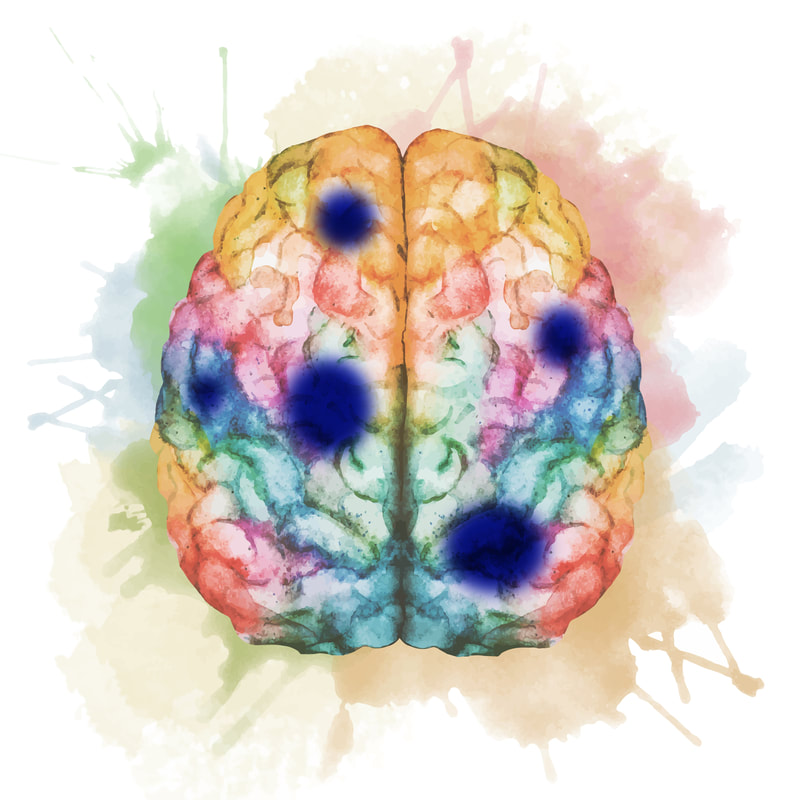 So, you've got your brain (left). And your brain has resources (right). She just drew a single circle for the brain resources here, but I'm trying to make this a little fun. Plus, artist. Expectations. When you do things, particularly multi-tasking, it takes up some of those resources. In dealing with mTBI, your brain has fewer resources… AND tasks take up MORE resources than they did previously. Like a car with an 80% smaller gas tank now getting 5 miles to the gallon instead of 40. Don't want to do a cross-country road trip in that! So, trying to act like normal is a double or triple whammy. 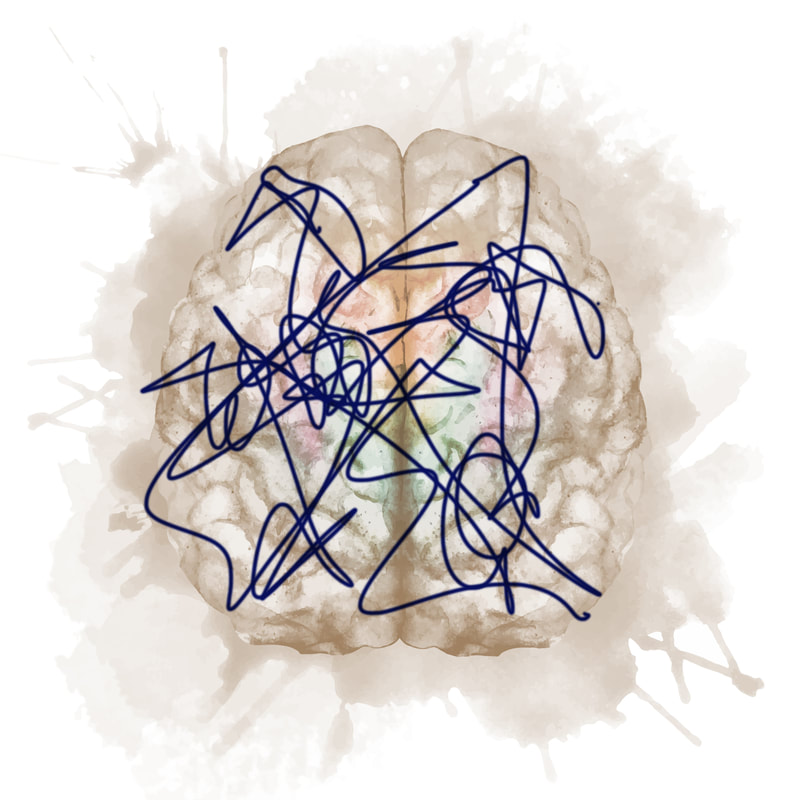 Combine that with the knowledge that even blocking out background noise is a skill, well. Maybe going to a restaurant with writers doesn't count as "rest." For a long time after the accident, I couldn't listen to music while driving. While there's an argument to be made that nobody should do this, I must emphasize that music kept me engaged with driving (as it did with many other tasks – Normal me really had a hard time with silence). Prior to the accident, I would get severely bored and actually have a harder time paying attention to driving in silence. I'll get into this more at some point – one of the posts I have planned gets into the auditory processing issues I had. One of my analogies is that it's like a computer's directory of its hard drive. The data may still be there, and the hard drive may spin and read just fine, but it's not sure where anything is. The search function is useless. Imagine searching your house for your keys, where those keys could be ANYWHERE. An underwear drawer, an ice cube tray in the freezer, inside your pillow, in the toilet fill-tank, the bottom of an unopened bag of cat kibble. That's what my brain felt like, a LOT. Like it was searching everywhere for everything. It's exhausting, and that's the most frustrating thing. It wasn't that I couldn't do things at all. It was that EVERYTHING was so much harder. It all felt like taking the GREs after applying for a mortgage after spending the day in line at the DMV only to discover you still don't have all the right forms and having a bad headache the entire time. So you get a brain with limited resources using a bunch of them up just trying to find its shit. And it knows that shit is in there somewhere, so it keeps looking, and the frustration starts taking up resources, too. Something like this, but probably a whole lot worse. I have felt this, in my head. "Too bad we can't image that," I said to this awesome speech therapist who with a few scribbles finally gave me answers and things I could understand. Well, turns out there is. Diffuse Tensor Imaging. But, at least at the time, it was only used for research because it was so GDMF expensive. I think it's become accessible for some patients with a lot of money in a small handful of places across the country now. I think it would have been really helpful for me, and would help so many other brain injury folks (plus folks who are non-neurotypical for other reasons!) I took a bunch of neuro-psych and related tests, in trying to figure out what would help me, as well as apply for disability / state assistance. And not a single one of those tests came anywhere near real-life circumstances or revealing the reality of what was going on in my head. Diffuse tensor imaging is fascinating and lovely, by the way. It might influence some paintings someday. I couldn't find any wikimedia or stock photos to share here, so I strongly encourage you to go google it. Disclaimer: I'm not a doctor and this is based on my rudimentary understanding of things plus apparent relevance to my experience. Brains & brain injury have a long way to go before we fully understand them, and there are many medical professionals who don't like to let on to that.
0 Comments
Leave a Reply. |
ANGI SHEARSTONEauthor / artist rambles on about painting, writing, cats, punk rock, vampires, ska-core, mTBI, comics, and life in general. ARCHIVES
January 2024
CATEGORIES
All
|

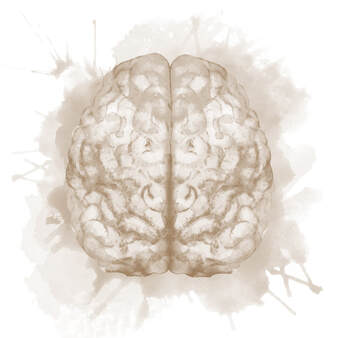
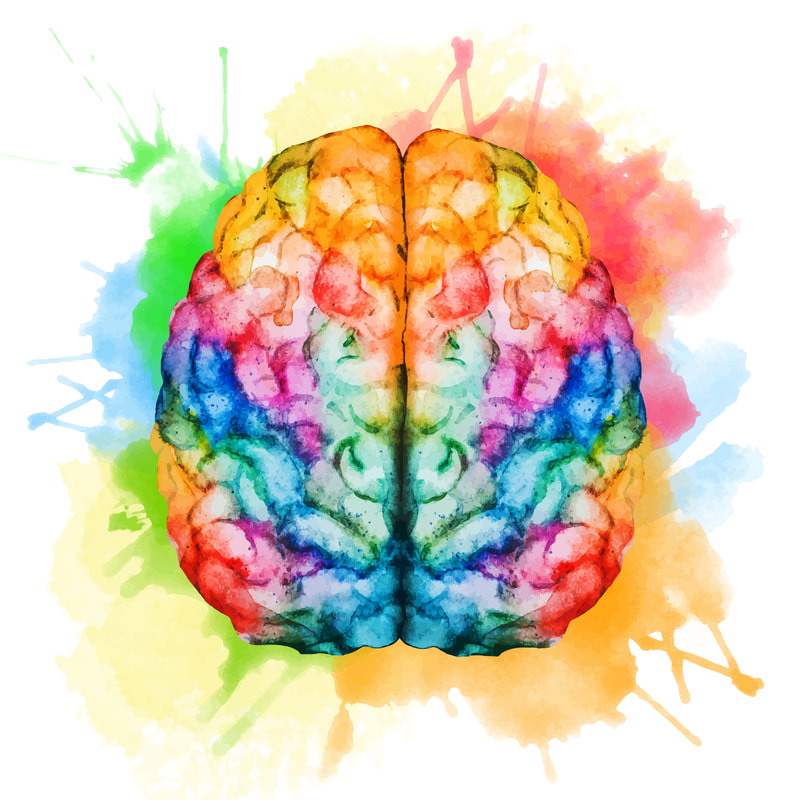
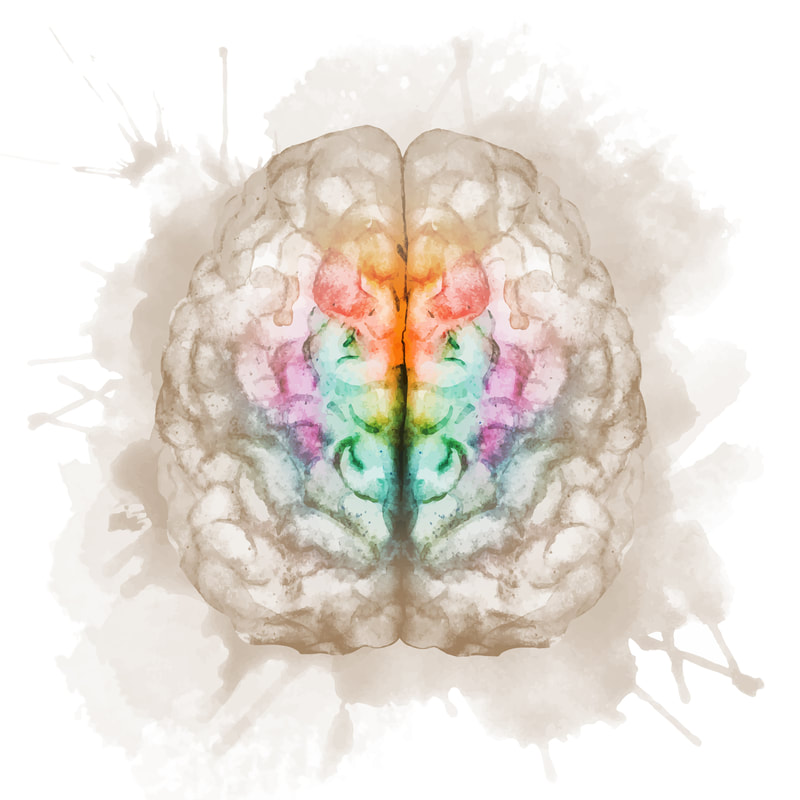
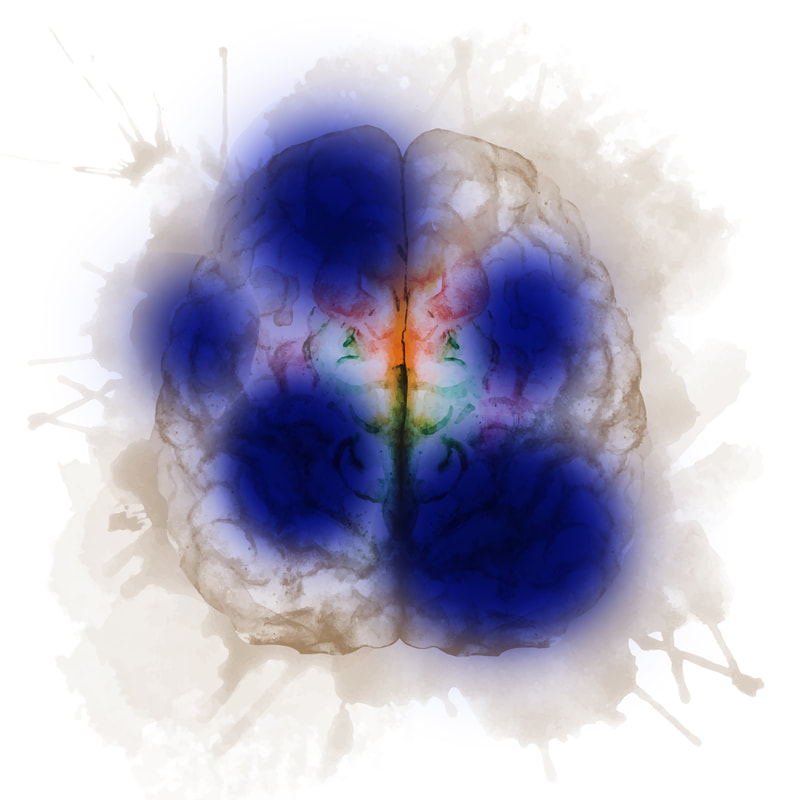

 RSS Feed
RSS Feed
